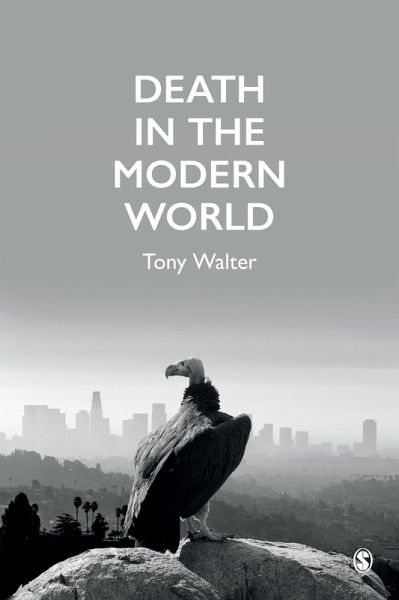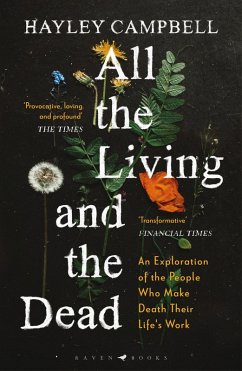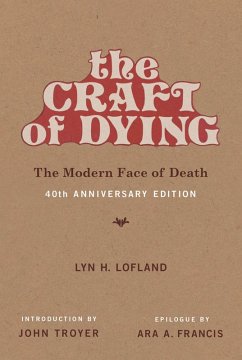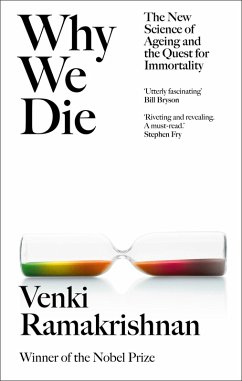
Death in the Modern World (eBook, ePUB)
Versandkostenfrei!
Sofort per Download lieferbar
30,95 €
inkl. MwSt.
Weitere Ausgaben:

PAYBACK Punkte
15 °P sammeln!
Death comes to all humans, but how death is managed, symbolised and experienced varies widely, not only between individuals but also between groups. What then shapes how a society manages death, dying and bereavement today? Are all modern countries similar? How important are culture, the physical environment, national histories, national laws and institutions, and globalization? This is the first book to look at how all these different factors shape death and dying in the modern world. Written by an internationally renowned scholar in death studies, and drawing on examples from around the worl...
Death comes to all humans, but how death is managed, symbolised and experienced varies widely, not only between individuals but also between groups. What then shapes how a society manages death, dying and bereavement today? Are all modern countries similar? How important are culture, the physical environment, national histories, national laws and institutions, and globalization? This is the first book to look at how all these different factors shape death and dying in the modern world.
Written by an internationally renowned scholar in death studies, and drawing on examples from around the world, including the UK, USA, China and Japan, The Netherlands, Scandinavia and Eastern Europe. This book investigates how key factors such as money, communication technologies, economic in/security, risk, the family, religion, and war, interact in complex ways to shape people's experiences of dying and grief.
Essential reading for students, researchers and professionals across sociology, anthropology, social work and healthcare, and for anyone who wants to understand how countries around the world manage death and dying.
Written by an internationally renowned scholar in death studies, and drawing on examples from around the world, including the UK, USA, China and Japan, The Netherlands, Scandinavia and Eastern Europe. This book investigates how key factors such as money, communication technologies, economic in/security, risk, the family, religion, and war, interact in complex ways to shape people's experiences of dying and grief.
Essential reading for students, researchers and professionals across sociology, anthropology, social work and healthcare, and for anyone who wants to understand how countries around the world manage death and dying.
Dieser Download kann aus rechtlichen Gründen nur mit Rechnungsadresse in A, D ausgeliefert werden.













